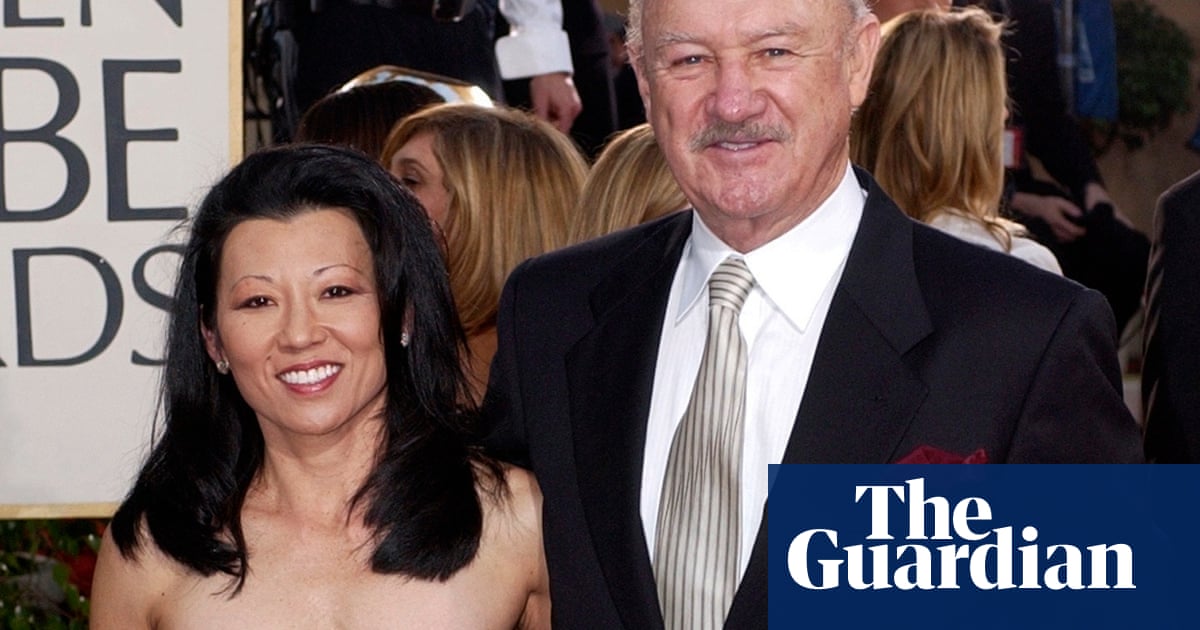Families of missing Ukrainian soldiers gathered near the border with Belarus on Monday during a prisoner swap between Russia and Ukraine. As the bus carrying the prisoners approached, relatives rushed forward. Many held photos of their loved ones—missing fathers, brothers, and sons. The atmosphere was tense; most were not expecting to reunite but were desperate for any information after years of uncertainty.
Recently, in Turkey, Ukraine and Russia agreed to exchange sick and severely wounded prisoners, those under 25, and the bodies of approximately 12,000 soldiers. President Volodymyr Zelensky mentioned this swap would happen in stages over several days. He noted that the process is complicated with sensitive details, necessitating ongoing negotiations.
Russia’s defense ministry confirmed that a group of young servicemen had returned, but did not specify how many people were exchanged. Ukrainian officials stated that some prisoners had been held in Russia since the conflict began.
Tetiana, a relative waiting for news, carried a sign featuring photos of her father and cousin, both still unaccounted for. “When my father went to fight, my biggest fear was that he would go missing,” she shared, tears welling in her eyes. The impact of the war has been devastating for many families. Tetiana’s uncle lost his life last September, but only recently could they finally bury him.
When one of the returning soldiers appeared at a window, the crowd shouted names of their missing loved ones, seeking any news. He made a heart sign with his hands and called out “slava Ukraini” (glory to Ukraine). The crowd responded with a powerful “Heroiam Slava” (glory to the heroes). Many of the returning soldiers looked physically unwell, having spent considerable time in detention without adequate care.
According to Petro Yatsenko from Ukraine’s Coordination HQ for prisoners of war, these soldiers face a long road to recovery. They’ve arrived home undernourished and need proper rehabilitation. Despite this, 23-year-old Valera, who returned after over three years in captivity, seemed content after enjoying a bowl of traditional Ukrainian soup. As he left, families pressed photos of their missing loved ones into his hands in hopes he might know something.
Reports have indicated that last week, both Ukraine and Russia accused each other of obstructing a planned exchange. Russia claimed that bodies of over 1,000 Ukrainian soldiers were at a designated point, but Ukrainian officials never showed up. Ukraine labeled Russia’s actions as “playing dirty games,” suggesting a breakdown in trust surrounding these operations.
In the broader context, prisoner swaps have become emblematic of the ongoing conflict. Data shows that in late May, Russia and Ukraine engaged in their largest exchange since the war began, with each side surrendering 390 individuals. Such exchanges underscore the desperate humanitarian needs on both sides as the war continues, bringing heartache and uncertainty.
As fighting rages on, Russia launched a record 479 drones overnight targeting various regions, including those previously untouched by conflict. Moscow stated the operations were retaliation against Ukrainian drone strikes. Meanwhile, Kyiv claimed to have successfully targeted a Russian airbase and an electronics factory linked to drone manufacturing.
These statistics highlight not just the intensity of the conflict but the ongoing struggles families face. As they wait for news of missing loved ones, the emotional toll is immense. Survivor stories like Tetiana’s illustrate the human side of a devastating war, offering insight into the personal impacts amid the larger geopolitical struggle.





















